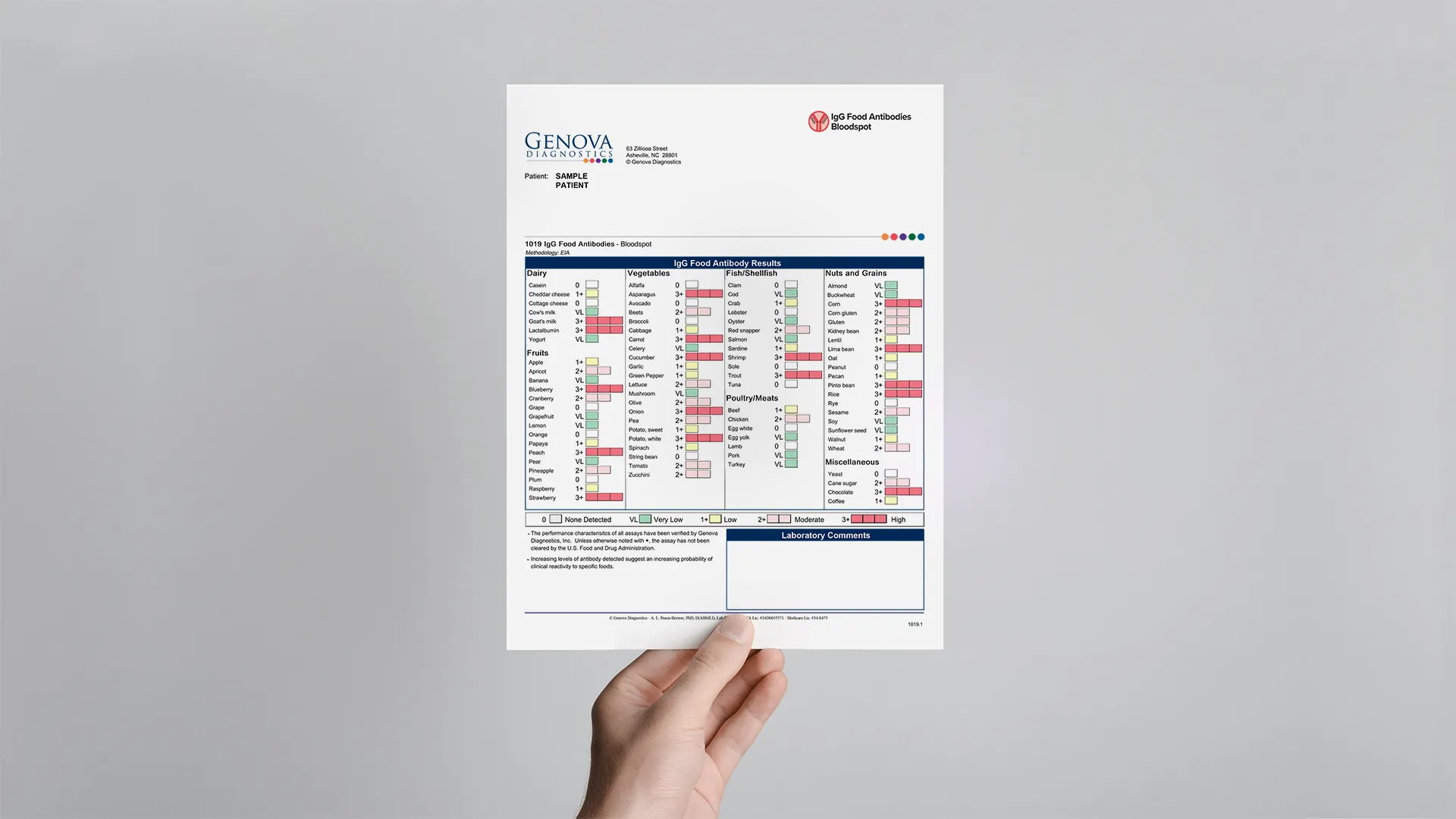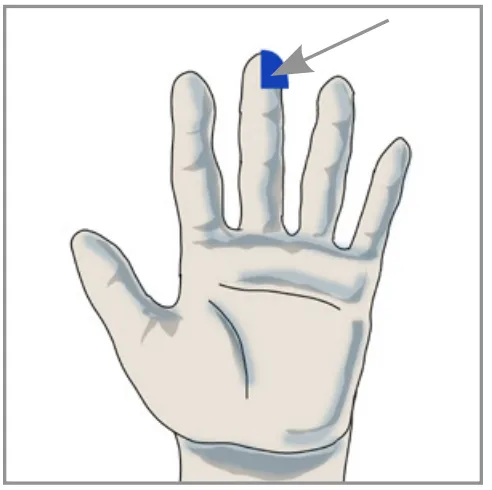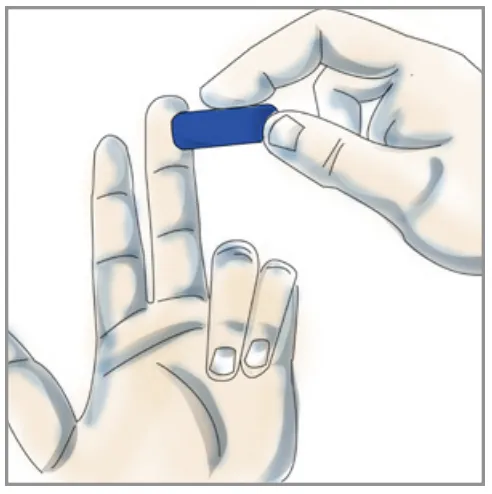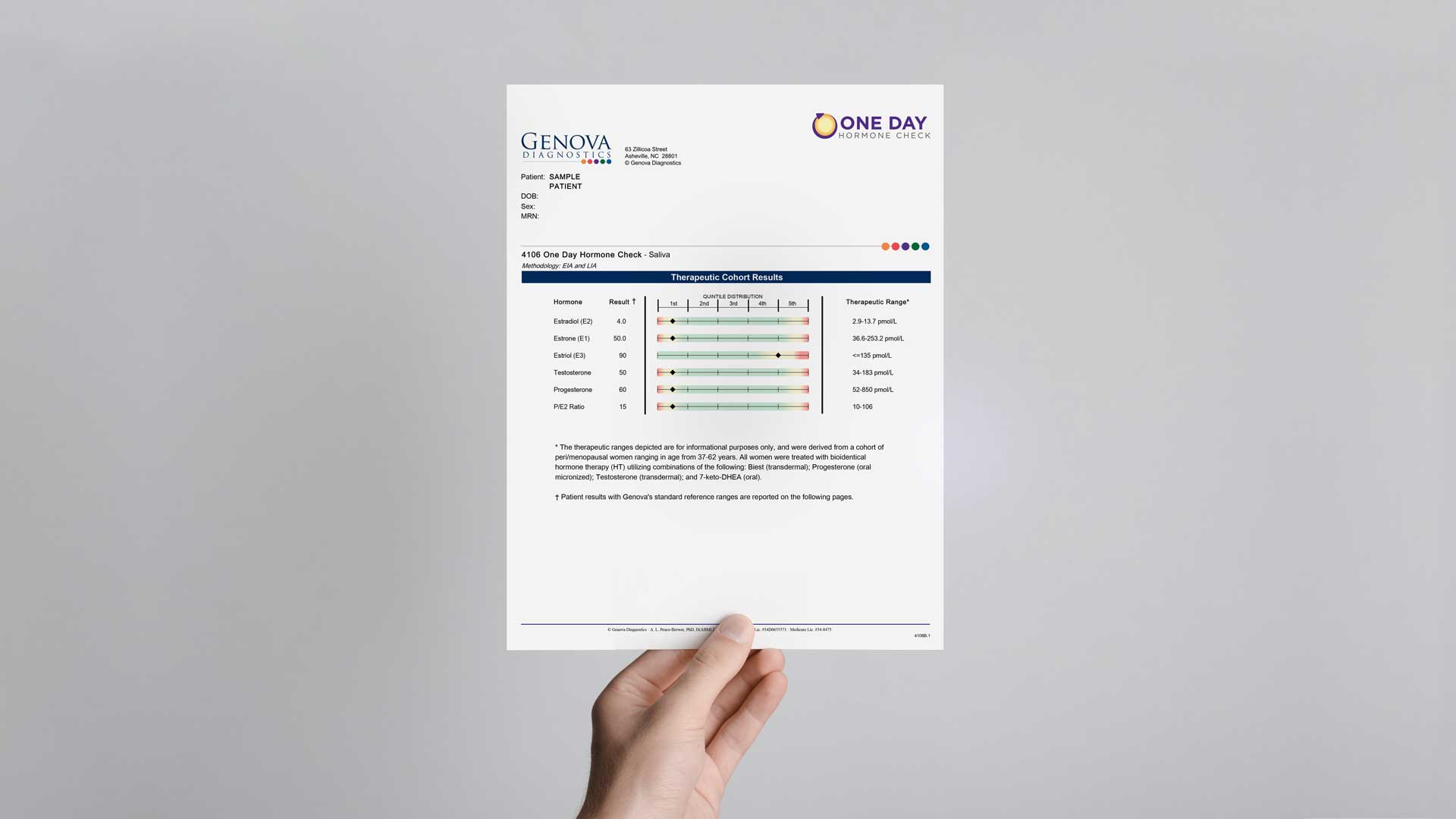Are your symptoms
related to food reactions?
Food Sensitivity Test
The IgG Food Antibodies profile detects delayed reactions to over 80 commonly consumed foods. Food sensitivities can be challenging to identify and are not allergies. Symptoms of food sensitivities can include mood issues, headaches, gut problems, skin rashes, joint aches, and eventually even autoimmune diseases.
This test does not diagnose food allergies (IgE reactions), which can be life-threatening. The data from this test, along with your healthcare provider, can help inform dietary changes to improve your food sensitivity symptoms.











